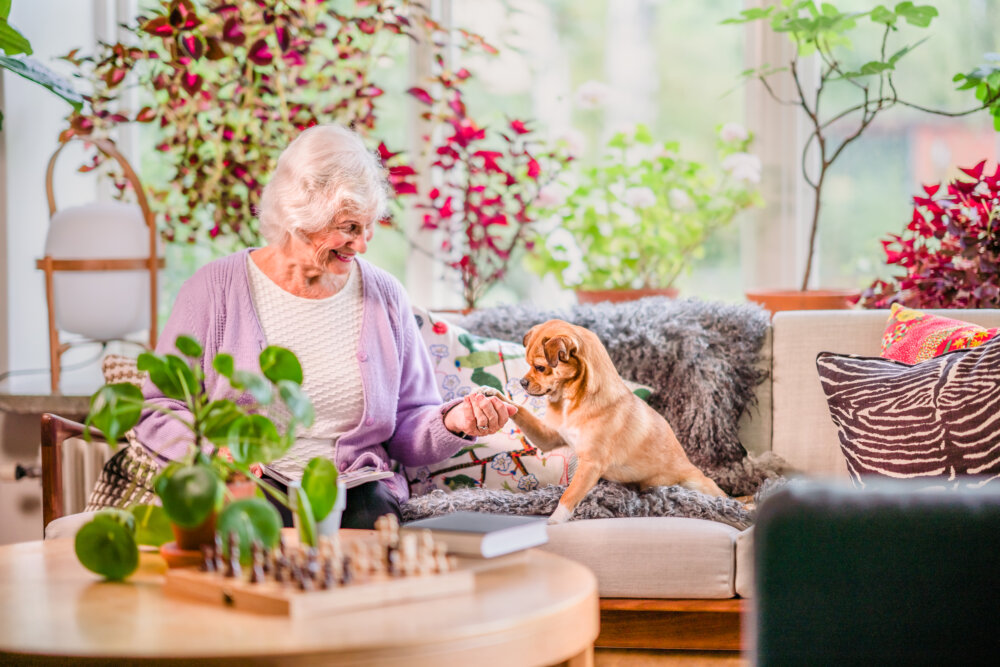Many older adults prefer staying in their own homes rather than moving to assisted living facilities or nursing homes, as familiar surroundings can foster emotional comfort, independence and a sense of stability. Home care provides an adaptable structure that aligns with their individual needs, supporting daily routines without compromising independence. This type of care respects their dignity, reduces the stress that comes with relocating, and fosters physical and emotional well-being.
At Home Instead we focus on assisting with essential daily activities such as companionship, meal preparation, housekeeping, home help, personal care, medication management, and mobility support. By receiving this help in their own homes, seniors can continue participating in their usual routines and activities, giving them a sense of control over their lives. At Home Instead we work closely with individuals and their loved ones, tailoring services to promote independence rather than simply taking over tasks. For example, rather than cooking every meal, care professionals might assist in preparing their own meals if they are physically able. This approach allows them to practice skills they may otherwise lose, helping to maintain physical abilities and mental engagement.

Social connection is another essential element of home care that supports independence. Social isolation is common among the elderly, particularly for those with limited mobility or those who live alone. Our Care Professionals not only provide companionship but also enable our clients to engage more with family and friends. They each have their own car allowing clients to attend family gatherings, community events, or social and medical appointments. Staying socially connected can help prevent loneliness and depression, both of which are linked to decreased health and self-sufficiency in older adults.
Beyond companionship, home care often emphasizes activities that engage older adults mentally and emotionally, further enhancing their quality of life. Activities like puzzles, reading, gardening, or even light physical exercise, when appropriate, can encourage cognitive health and provide a meaningful structure to the day. Physical exercise, such as stretching, walking, or simple in-home exercises, supports mobility and strength, reducing the risk of falls and other injuries.
The benefit of home care is particularly clear for elderly individuals with chronic conditions who may still want to maintain as much control as possible over their care routines. For instance, a senior with diabetes can receive assistance in monitoring blood sugar levels and taking medications but is encouraged to perform aspects of self-care independently. By involving them in decisions about their health and well-being, we can help foster a stronger sense of autonomy and purpose.

Family members also gain peace of mind knowing their loved one is safe, cared for, and supported in maintaining independence. Home care bridges the gap between family support and professional assistance, creating a balanced approach that respects both the elder’s independence and the family’s needs.
Ultimately, home care is more than assistance; it is an empowering approach that allows seniors to continue living life on their terms. It honours their preferences, strengthens their abilities, and preserves their dignity, helping them age gracefully and confidently in the comfort of their own homes.
